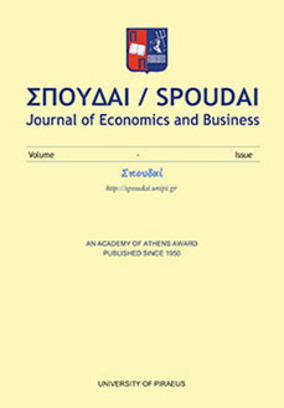Bird strikes risk policy strategies : proposal for a risk classification scheme
Part of : Σπουδαί : journal of economics and business ; Vol.58, No.1-2, 2008, pages 285-303
Issue:
Pages:
285-303
Author:
Abstract:
This study, presents a classification scheme based on two main factors: the potential consequences in bird strikes hazards (outcomes, losses, damages) and the uncertainties about consequences in parallel with the examination of a classification specifically directed at accident risk with the dimensions closeness to hazard and level authority i.e. airport operator, pilots, municipalities which are adjacent to airport, stakeholders etc. The classification systems provide a knowledge base for structuring bird strikes’ risk problems, risk policies and class-specific management strategies. Simultaneously in this study, three major management categories have been applied: risk – based, precautionary and discursive strategy. The risk – based policy means treatment of risk – avoidance, reduction, transfer and retention – using risk and decision analyses. The precautionary strategy means a policy of containment, constant monitoring, continuous research and the development of substitutes. Increasing resilience, i.e. resistance and robustness to surprises, is covered by the risk based strategy and the precautionary strategy. The discursive strategy means measures to build confidence and trustworthiness, through reduction of uncertainties, in air accidents and mishaps are caused by bird strikes, clarification of facts, involved human factors, deliberation and accountability. Nevertheless, in most cases, the appropriate strategy is a mixture of these strategies.
Subject:
Subject (LC):
Keywords:
bird strikes, risk based policy, precautionary strategy, discursive strategy and stakeholders
Notes:
Περιέχει σχήματα, πίνακες και βιβλιογραφία




